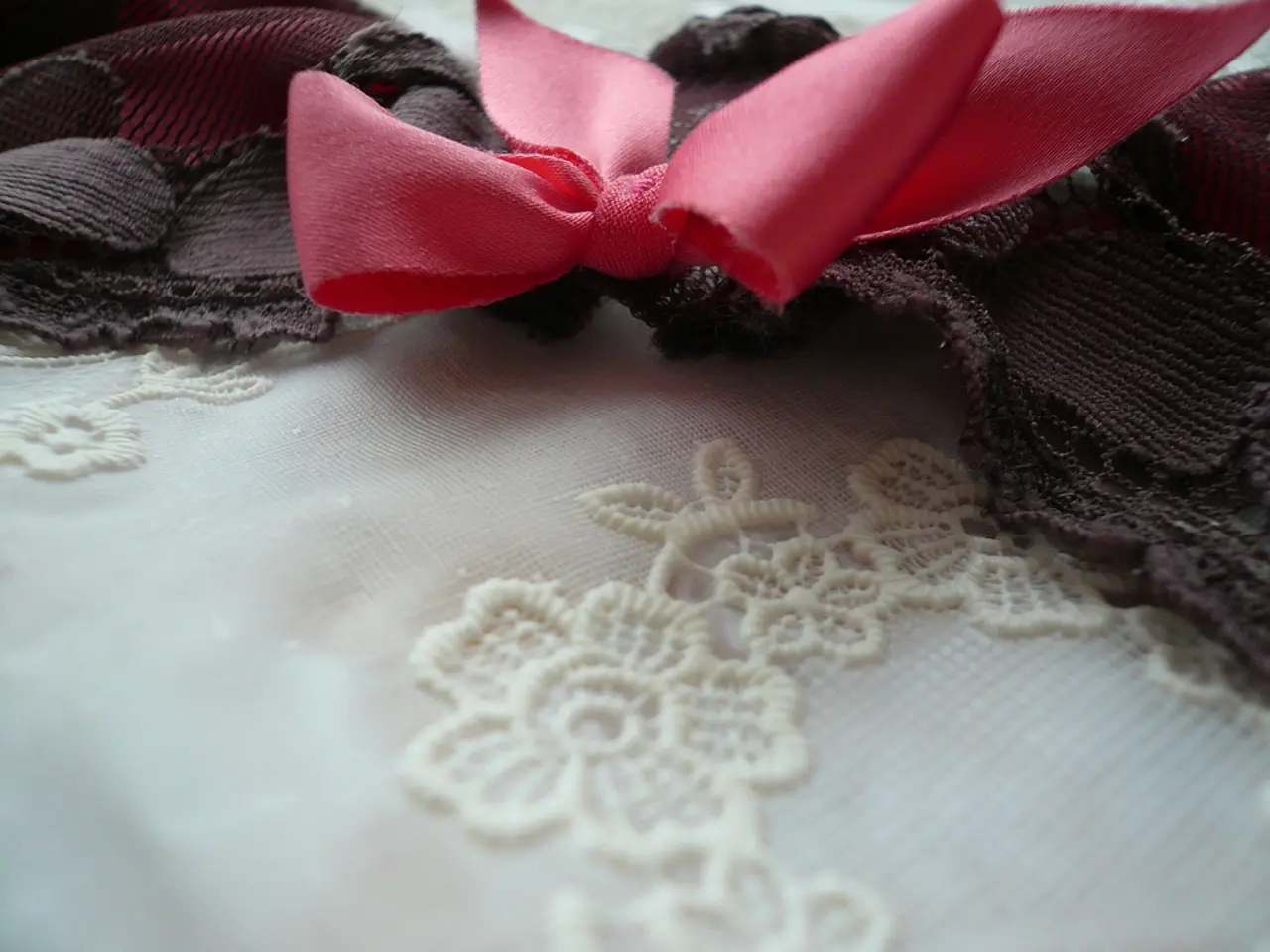African-American Quilt Collection of Robert and Helen Cargo Showcased at the International Quilt Museum
In the heart of Nebraska, the International Quilt Museum at the University of Nebraska-Lincoln holds a treasure trove of quilts from around the world, including a significant collection of African-American quilts. This museum, accredited by the American Alliance of Museums, aims to build a global collection and audience that celebrates the cultural and artistic significance of quilts.
One of the highlights of the museum's collection is The Collection of 156 quilts made by African-American women primarily from Alabama. This collection, along with additional donations from collectors and philanthropists Robert and Ardis James, was given to the International Quilt Museum.
The collection features the works of more than 32 quilt makers, including folk artists Nora Ezell, Mary Maxtion, Lureca Outland, and Yvonne Wells. These artists have made significant contributions to the world of quilting, with their works showcasing the unique patterns and stories that reflect the cultural, social, and economic experiences of African Americans.
Nora Ezell, a well-known quilt artist in the collection, received a National Heritage Fellowship from the National Endowment for the Arts. Yvonne Wells' work gained attention when she won a "Best of Show" award at the Kentuck Festival of the Arts in the mid-1980s. Lureca Outland, another artist featured in the collection, learned to make quilts from her mother as a teenager and continued to make quilts as an adult.
One of the gems in the collection is Yvonne Wells' quilt "Yesterday: Civil Rights in the South," which reflects her memories of living in Alabama during the turbulent 1960s. This quilt, along with the works of other artists in the collection, serves as a testament to the rich history of African-American quilting and its importance in American cultural heritage.
Robert Cargo, a professor at the University of Alabama and the owner of the Folk Art Gallery in Tuscaloosa, played a significant role in building the Alabama quilt collection that forms part of the International Quilt Museum's holdings. Cargo's collection became widely regarded as one of the most important quilt collections in the United States. Selected quilts from the Robert and Helen Cargo Collection of African-American quilts have been exhibited at the Museum of American Folk Art, The National Humanities Center, and the Smithsonian Institution.
To learn more about the International Quilt Museum and its collection, visit internationalquiltmuseum.org. The museum, which opened in 2008, is located on the University of Nebraska-Lincoln campus and holds gallery and educational spaces, as well as state-of-the-art textiles storage. The International Quilt Study Center was established in 1997 with nearly 1,000 quilts donated by native Nebraskans Ardis and Robert James.
African-American quilts have a rich history, often reflecting the cultural, social, and economic experiences of African Americans. These quilts were not only functional items but also served as artistic expressions and storytelling tools. Many African-American quilts are recognized for their unique patterns, such as the "Flying Geese" or "Log Cabin" designs, which could have been used to convey messages, including those related to freedom and escape routes during the period of slavery.
For more detailed information about the Robert and Helen Cargo Collection, you might need to contact the International Quilt Museum directly or check their official website for specific exhibits or collections. The International Quilt Museum continues to strive towards creating an encyclopedic collection, representing quilts and quilt making traditions throughout history and around the globe.
- At the heart of lifestyle and self-development, the International Quilt Museum in Nebraska offers a wide range of exhibits, including collections in fashion-and-beauty such as African-American quilts.
- In addition to quilts, the museum has a section dedicated to food-and-drink, home-and-garden, with displays showcasing the unique patterns and stories that reflect the cultural, social, and economic experiences of quilt makers.
- For those interested in relationships, the museum exhibits works of more than 32 quilt makers, including folk artists like Nora Ezell, Mary Maxtion, Lureca Outland, and Yvonne Wells, who have made significant contributions to the world of quilting.
- Traveling enthusiasts can explore various sections within the museum, such as the pet-related display of Yvonne Wells' quilt "Yesterday: Civil Rights in the South," which reflects her memories of living in Alabama during the 1960s.
- In education-and-self-development, the museum offers a shopping experience for visitors who wish to learn more about quilting or even start their own projects, with selections in arts and crafts.
- For sports fanatics and car enthusiasts, a visit to the museum can also include a stroll through the campus area, as the International Quilt Museum is located on the University of Nebraska-Lincoln campus.






